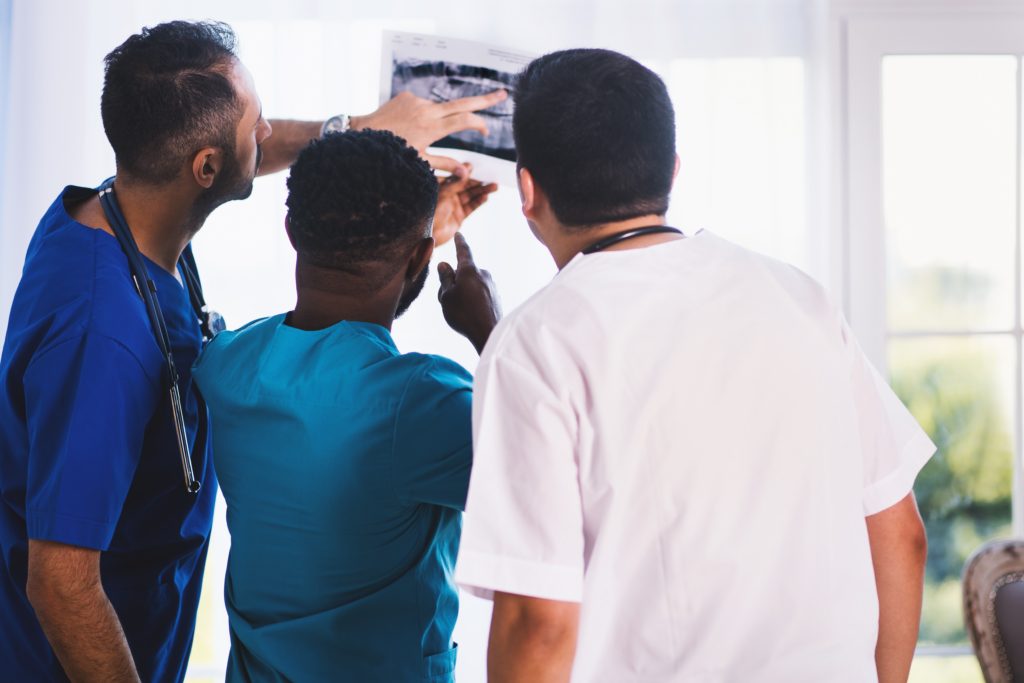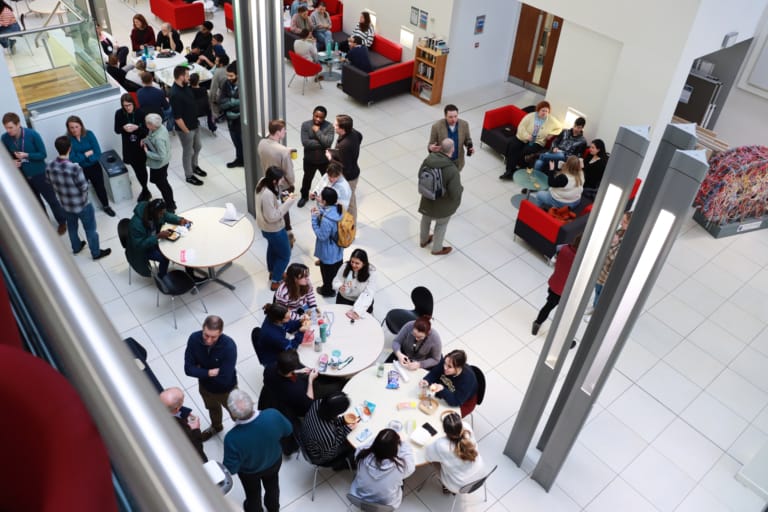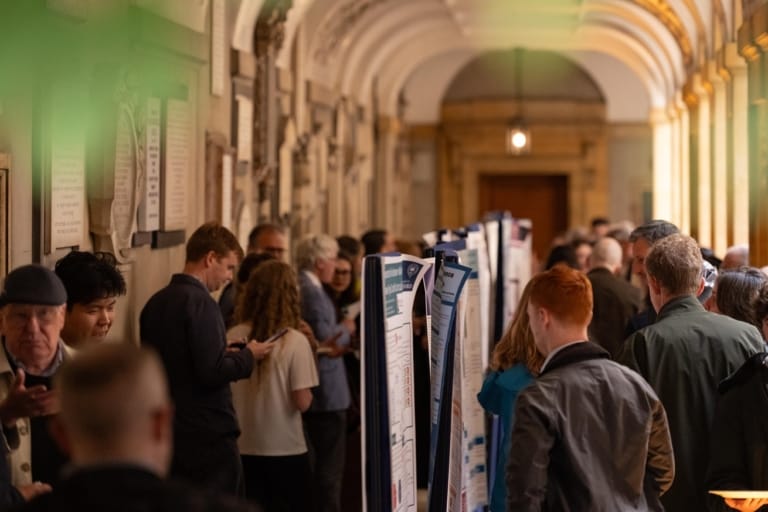The Lister Institute’s Summer Studentships scheme is a successful and popular initiative designed to help undergraduates gain real-world research experience in the biomedical field. We are delighted to announce that we have recently increased the size of the scheme to help even more students begin building a research career while still studying for an undergraduate degree.
The Lister Institute’s Summer Studentships scheme provides funding for a student to spend time working in a Lister Fellow’s laboratory during the summer holiday period. It is open to Fellows and Former Fellows of the Institute working in the UK, and is aimed at undergraduate student applicants, usually at the end of their second year.
The scheme provides a total of £2,000 (notionally at £200 per week for the students’ accommodation and similar expenses) that is paid prior to the commencement of the studentship. To obtain the full amount of £2,000 the studentship must be held for a minimum of 6 weeks and a maximum of 10 weeks.
Real-world experience
A Lister Institute Summer Studentship has proven to be a valuable stepping stone to a PhD or further study. Not only do students experience what it is like to work in a lab, but they also work alongside other young researchers to get a fuller understanding of what is involved in the profession. As previous Lister summer students have explained
“I liked working on my own project and I had a lot of contact with PhD students. Seeing them at their work and talking to them has made me more eager to want to pursue my own research.”
“It has opened my eyes as to what a PhD is really like and speaking to people in my laboratory has really given me a positive outlook on postgraduate study.”
“I have a much better sense now of what that might entail and it seems more achievable now I know many more people who either have completed a PhD or are PhD students.”
Due to the excellent feedback like this, and from both staff and students, we have decided to extend the scope of the scheme for next year’s cohort.
Building on a track record of success

The Summer Studentships scheme was established in 2011 when 20 funding packages were awarded. Since that time a total of 197 have been funded to students from all over the UK, with the last few years seeing 35 awards every summer.
For 2019 onwards we are delighted to be expanding the scheme further by funding a total of 40 placements each year. In doing so we hope to contribute to the development of even more students’ biomedical research careers while also enabling our Members and Fellows to access high-quality candidates to support their laboratories. The scheme will help expose students to all aspects of the profession, as explained further below.
Professional research expertise
Gaining an understanding of what working in the research industry really entails is invaluable for students considering a career in the sector. As previous students have explained;
“The studentship taught me that industry is not a normal 9-5 job, but it is more of a passion, thus the more work you put in the greater the chances of succeeding in the specific field.”
“It has made me realise the level of commitment and determination required and the numerous skills that are necessary to do this in the future.”
“I have seen how rewarding it is to focus completely on a project and the satisfaction when it works.”
In the scheme students may also be introduced to other aspects of research careers that they otherwise may not have been exposed to. For example, while the vast majority of summer studentships are carried out alongside PhD students, the students also learn about other research options and practices;
“Although my intent was to obtain an MD, this opportunity has given me more insight into a MD/PhD program as an option. I hope to focus more on the clinical side along with medical research.”
“The studentship allowed me to independently pursue a research project, which gave me responsibility and a sense of autonomy. I learned and used multiple lab techniques where I was able to help design experiments, analyse results and adapt procedures and plan out subsequent experiments based on the results I received.”
Training the next generation
Here at the Lister Institute we are very proud of the way in which our Summer Studentship scheme is helping student researchers to develop the foundations for an excellent career in research. By expanding the programme we hope to help even more young biomedical researchers go on to achieve competitive research places in labs across the UK and Republic of Ireland.
We’re also continually impressed with the achievements and progress that the students make during the summer placements themselves, and the understanding the gain in different fields of study. As one student explained;
“Working on this project has revealed how exciting research really is and how an individual’s work can materially contribute to developments in that field. To one day undertake research on a full-time basis, with the potential to meaningfully contribute to disease control, inspires me to achieve highly in my undergraduate degree in order to get started on a PhD project.”

In addition, some students have also made meaningful contributions to the field during their summer studentship. For example, in a recent placement with Lister fellow Dr. M Madan Babu a summer student Andrija Sente jointly published a paper as a first and co-corresponding author in Nature Structural and Molecular Biology. The paper was entitled Molecular mechanism of modulating arrestin conformation by GPCR phosphorylation, and Andrija also presented a poster on the research during a recent Lister meeting in Cambridge.
We are looking forward to supporting the next generation of Andrija Sentes in the scheme, and are very pleased to have been able to expand it for 2019.
To find out more about the progress that students can make in the course of a summer placement, to determine if you are eligible to apply for a placement yourself, or for more information on finding funding for a student to work in your lab, please view our Summer Studentships page here.



